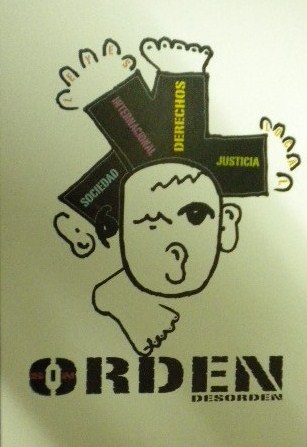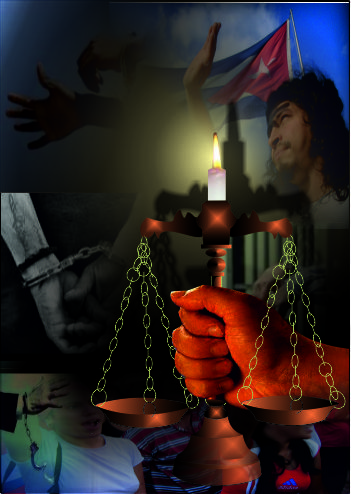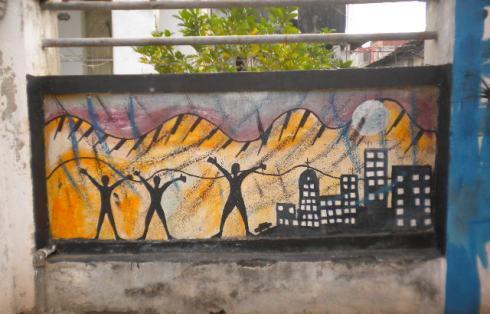The Law of Criminal Procedure is clear when it indicates in the penultimate paragraph of Art. 251 that: The Police, the Instructor, the Prosecutor or the Tribunal, as the case may be, will decide in relation to the application for modification of the provisional measure* in regard to a time period not to exceed five working days counting from the moment in which the application is made.
It is not clear why the preceding period is breached so often, sometimes doubled or trebled, without complying with the requirement by the legislature to respond to the application for variation of the provision status* of the accused in the brief space of a week. The most serious instance case of such violation occurs when the variation in question is in relation to an accused who is has been remanded in custody, given the very nature of this provisional measure.
An even more unfortunate circumstance is when, in the face of an application for change in a measure, time passes without receiving the due response, ending up with the prosecutor declaring the matter finalised whenever it suits him, in complete disregard of the law.
Unhappily, we see a lot of behavior by the authorities who seem to be acting in a sort of discretionary manner and not in accord with the requirements of the law. This sad reality is even more sensitive when such conduct is in relation to the system of justice, infringing the most basic rights of those subject to legal proceedings.
They are just one example of what should not happen in our battered social system.
*Translator’s note: The provisional status (see next paragraph) under discussion here refers to requests for changes in the custody status of the accused, that is, for example, requests to be released pending trial.
Translated by GH
4 August 2013










